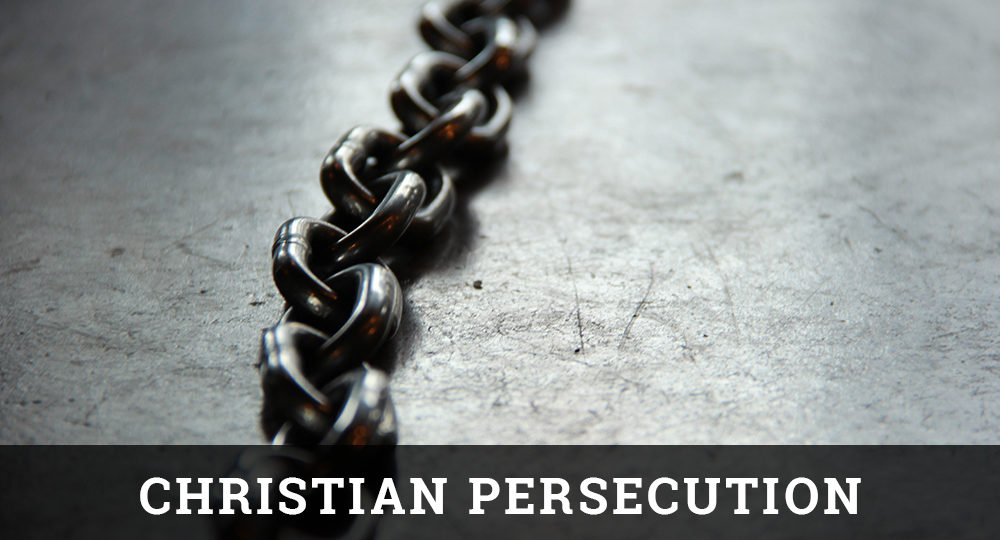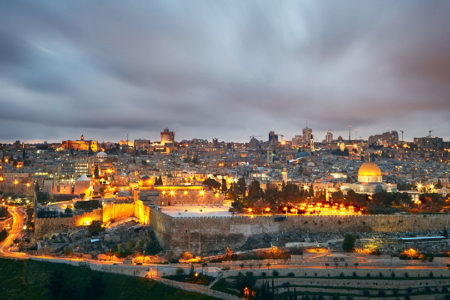Christian Persecution Mar/Apr 2017
EGYPT—A Muslim suicide bomber in Cairo recently carried out the deadliest church attack in modern history a week after the Egyptian government announced its plans to open 10 new mosques every week while remaining indifferent to the violent Islamic attacks against Christians and churches.
Islamist militant Mahmoud Shafiq Mohammed Mustafa, 22, entered St. Peter’s Cathedral in Cairo during its Sunday service and set off a bomb, killing 27 and severely wounding 65, mostly women and children. St. Peter’s is attached to and used by St. Mark’s Cathedral, the seat of Egypt’s Coptic Orthodox Christian church.
Responders found mutilated bodies strewn along the church’s floor and pews. “I found bodies, many of them women, lying on the pews. It was a horrible scene,” one witness said.
“I saw a headless woman being carried away,” said Mariam Shenouda. “Everyone was in a state of shock….There were children. What have they done to deserve this? I wish I had died with them instead of seeing these scenes.”
Witnesses said the state security was absent, and the police took an inordinate amount of time to arrive after the explosion.
In death toll and severity, the attack surpasses what was formerly considered the deadliest church attack in Egypt: a New Year’s Day bombing of a church in Alexandria that killed 23 people in 2011. It is to President Abdel Fattah el-Sisi’s shame that the deadliest church attack in Egypt occurred on his watch. Yet it is also unsurprising considering how little has changed for Egypt’s Christians since Sisi ousted former President Mohamed Morsi and the Muslim Brotherhood in 2013.
A week before the Cairo bombing, Sisi’s government announced its plans to open 10 new mosques every week and renovate 3,200 closed mosques using public funds. But when the nation’s more than 10 million Christians seek to build a church—and pay for it from their own pockets—they face legal hardships and public persecution.
Even the much-touted new law that purports to allow Christians to build churches has been criticized by Coptic clergy, activists, local human rights groups, and Christian members of parliament. They say it still continues to discriminate against Christians, including with security provisions that subject decisions on whether or not a church can be built to the whims of violent mobs.
Instances of angry Muslim mobs attacking and killing Christians on the mere rumor they are trying to build a church or are meeting to pray in a house church have risen significantly. Last summer in Minya—the same place where a 70-year-old Christian woman was stripped naked, savagely beaten, spat on, and paraded through the streets to jeers, whistles, and yells of “Allahu Akbar”—rioting Muslims burned down 80 Christian homes on the rumor that Christians were trying to build a church.
“No one did anything, and the police took no pre-emptive or security measures in anticipation of the attacks,” said a spokesman for the group. Muslims attack Christians “every two or three days,” he said, and the authorities always turn a blind eye, while sometimes even aiding and enabling the attacks.
by Raymond Ibrahim
To read the full report, go to RaymondIbrahim.com.







